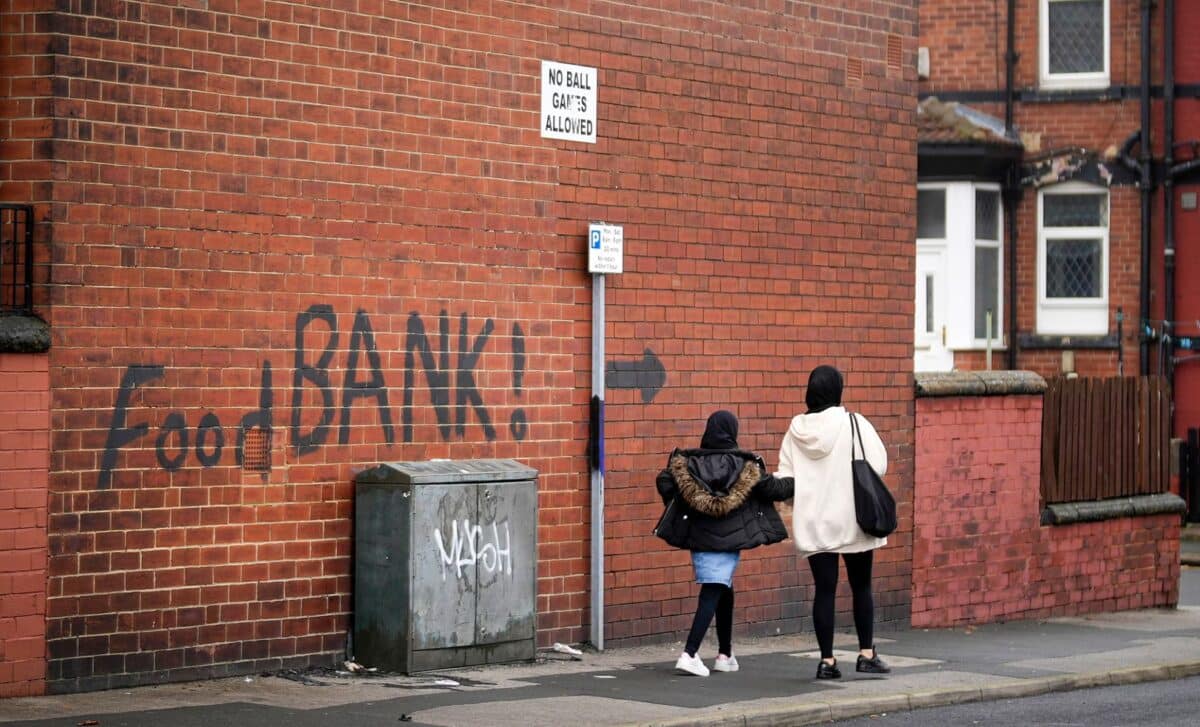The future of welfare reform in the United Kingdom has come under renewed scrutiny following the release of a new report highlighting the economic costs of poverty.
As the government considers potential cuts to Personal Independence Payment and Universal Credit, concerns are mounting over the broader implications for national productivity and public wellbeing.
Higher Poverty Levels Threaten Economic Output
According to a report by the Trussell Trust, the United Kingdom is currently losing out on over £38 billion a year in potential economic output due to elevated levels of poverty.
The charity emphasises that hunger and hardship incur both human and economic costs, with failure to tackle these issues weakening the country’s workforce and its ability to generate wealth.
Helen Barnard, director of policy, research and impact at Trussell, stated that cutting support for disabled individuals would be “cruel, irresponsible, and out of touch” with public sentiment. Barnard warned that reduced benefits would increase pressure on food banks and public services, ultimately worsening the financial burden on the state.
The report argues that poverty diminishes productivity, reduces earnings, and increases healthcare costs, suggesting that short-term savings through benefit cuts could be significantly outweighed by long-term economic losses.
Government Reforms Face Strong Criticism
The Department for Work and Pensions (DWP) has defended its proposed changes, highlighting a “sweeping package of reforms” designed to support people back into employment.
A spokesperson for the DWP said the government’s £1 billion employment support initiative is part of a wider “Plan for Change,” which includes boosting the minimum wage, increasing benefits, and adjusting repayment rates to support low-income households.
Despite these assurances, the Trussell Trust report calls for an “urgent rethink” of planned cuts to Personal Independence Payment and Universal Credit, proposing instead an “essentials guarantee” that could lift over two million people out of deep poverty.
The charity warns that intended savings on welfare could be negated by broader negative impacts on public finances, individual wellbeing, and economic growth.
The issue has sparked a growing debate about the balance between welfare reform and economic stability. Critics argue that the government’s focus on short-term budget savings overlooks the wider social and economic consequences of deepening poverty.









